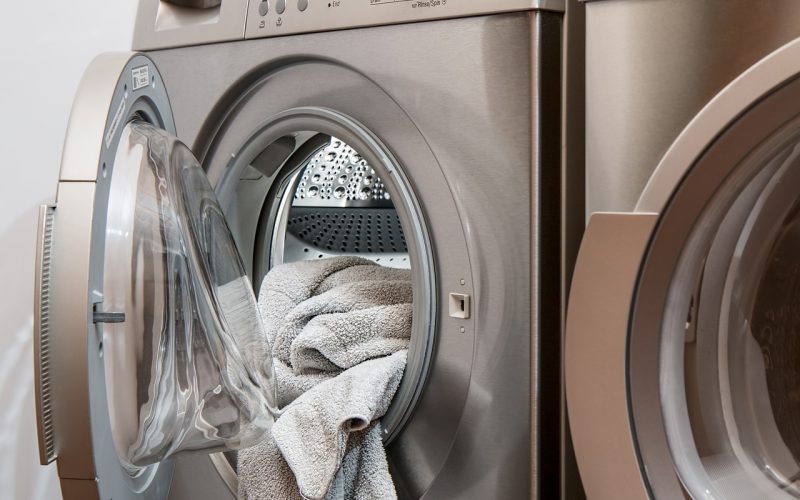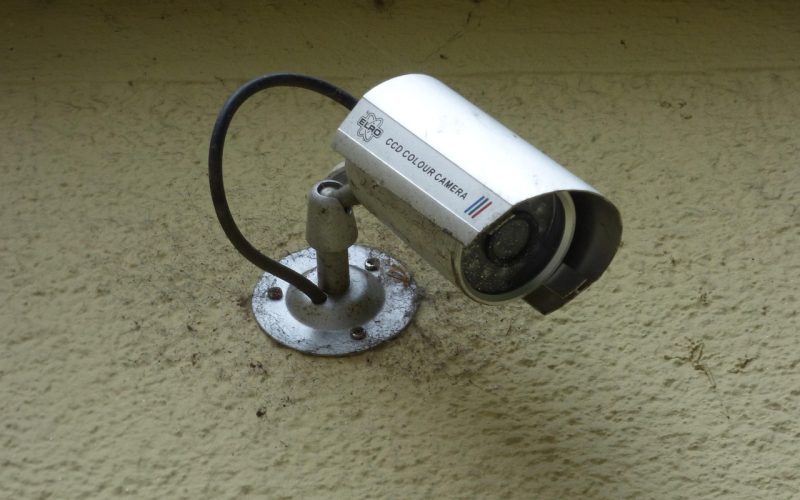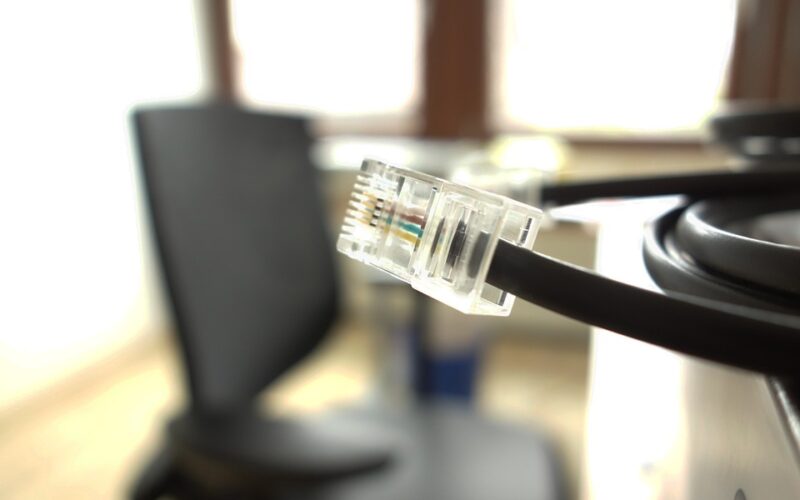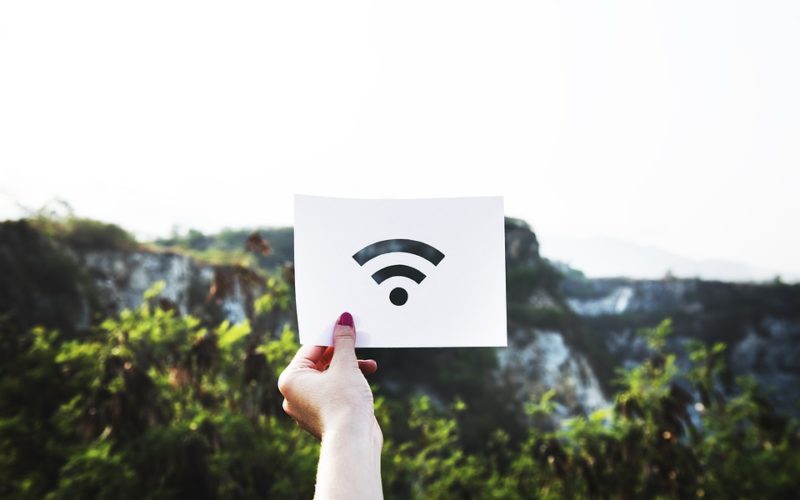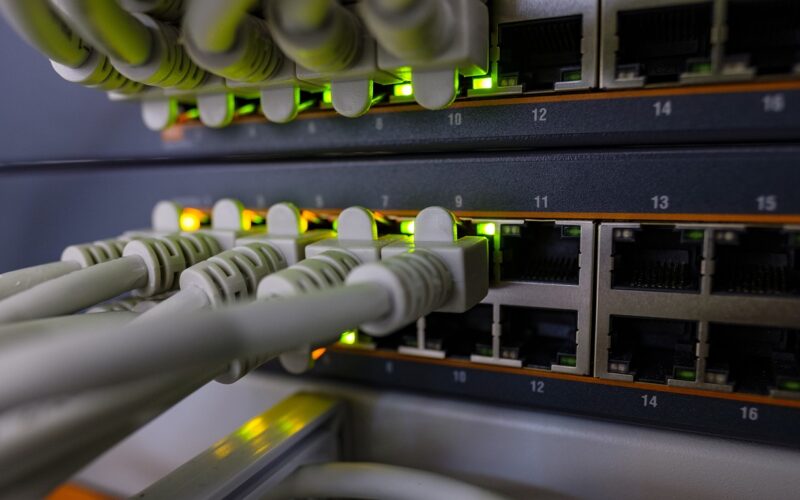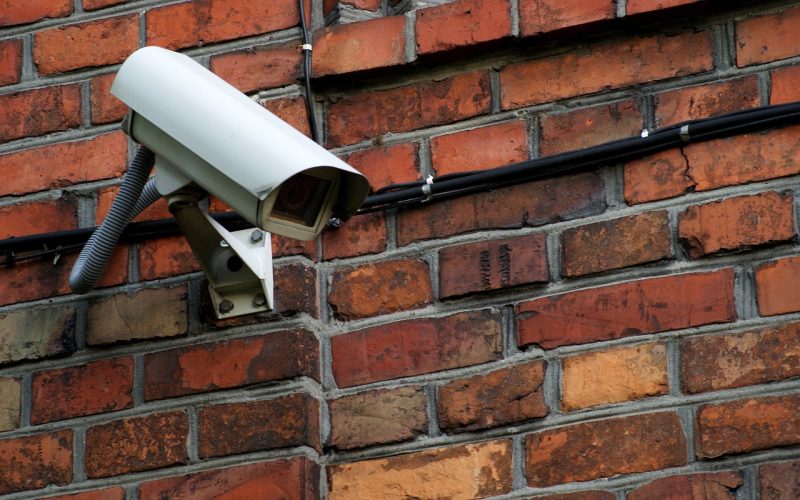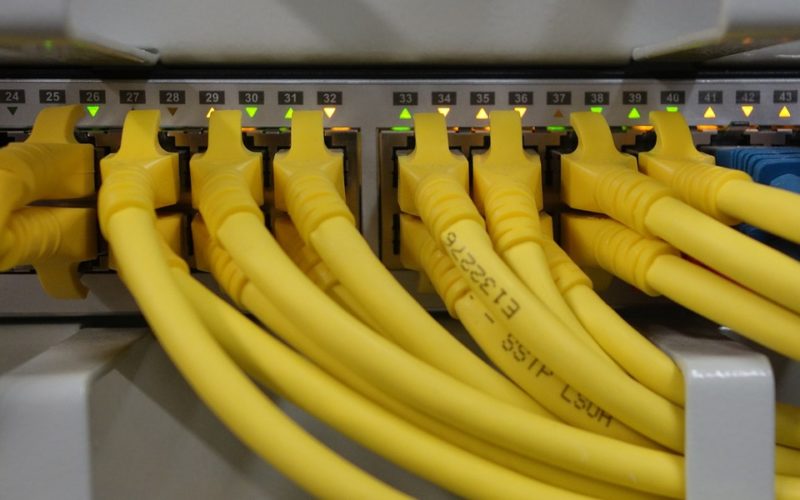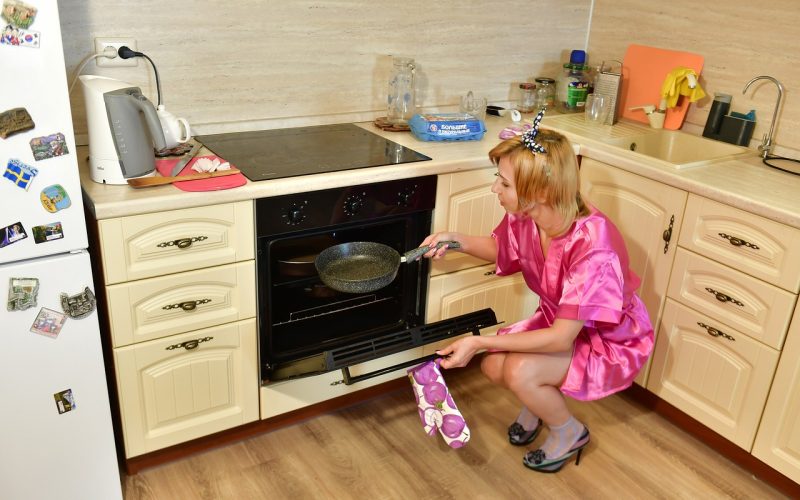Modern Revolution In Home Appliances
In the past few decades, home appliances have undergone a significant transformation. Technology has not only improved their functionality but also made them more energy-efficient. Today, choosing modern appliances over older models can lead to substantial savings on utility bills and help reduce the environmental footprint of households across the globe.
The rise of energy-efficient technology
Energy-efficient technology is now at the forefront of appliance design. Manufacturers are increasingly focusing on creating products that consume less energy while maintaining or even improving performance. This shift is driven by a combination of consumer demand, environmental concerns, and stricter government regulations. For example, the introduction of the Energy Star program has set benchmarks that encourage innovation in energy efficiency.
Saving money with modern appliances
Switching to energy-saving appliances can result in significant cost savings for consumers. For instance, modern refrigerators use around 40% less energy than models from just a decade ago. Similarly, today's washing machines adjust water levels based on load size, reducing both water and energy usage. While the initial investment in these appliances might be higher, the reduction in monthly bills more than compensates for the expenditure over time.
Reducing your carbon footprint
One of the most compelling reasons to invest in energy-efficient appliances is their positive impact on the environment. Traditional appliances are notorious for their high energy consumption, which often results in increased greenhouse gas emissions. By opting for newer, greener models, consumers can significantly cut down their carbon footprint. This is crucial in the fight against climate change, as residential energy use accounts for a substantial portion of global emissions.
Innovations in energy-saving technology
Technological advancements continue to drive the development of even more energy-efficient appliances. Innovations such as inverter technology in air conditioners and refrigerators ensure that these devices operate at optimal energy levels, adjusting power consumption according to need. Induction cooktops are another example, offering faster cooking times and reduced energy usage compared to traditional electric or gas stoves.
The role of smart technology
Smart technology is playing an increasingly important role in enhancing energy efficiency. Smart thermostats, for instance, learn household patterns and adjust heating and cooling schedules for maximum efficiency. Similarly, smart washing machines can be programmed to run during off-peak hours to save on energy costs. These devices not only save money and energy but also offer unparalleled convenience and control for users.
Making the switch
When considering a switch to energy-efficient appliances, it’s essential to evaluate the potential savings and environmental benefits. Many governments offer rebates and incentives to encourage the adoption of energy-saving products, making the transition more affordable. Consumers should look for certifications like Energy Star when purchasing new appliances to ensure they meet high standards of energy efficiency.
The move towards energy-efficient appliances represents a win-win scenario for both consumers and the environment. By investing in modern technology, homeowners can enjoy the dual benefits of reduced utility bills and a smaller carbon footprint. As technology continues to advance, the future looks bright for even more innovative solutions that will help us live more sustainably.
